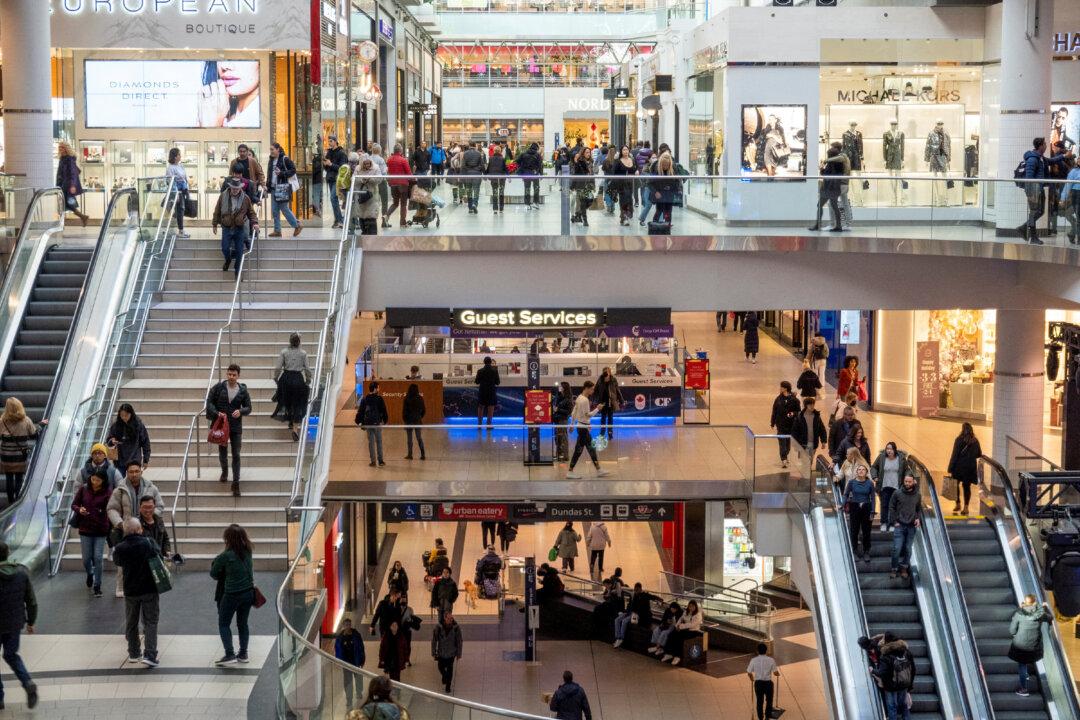The impact of the Liberal government’s plan to give Canadians a holiday tax break and a cheque is up for debate, as economists weigh how meaningful the support will be for Canadians and whether the measures will contribute to inflation.
Prime Minister Justin Trudeau on Nov. 21 announced he would remove the sales tax on certain “holiday essential” items for a two-month period and send a $250 cheque to Canadian workers making less than $150,000 per year.






